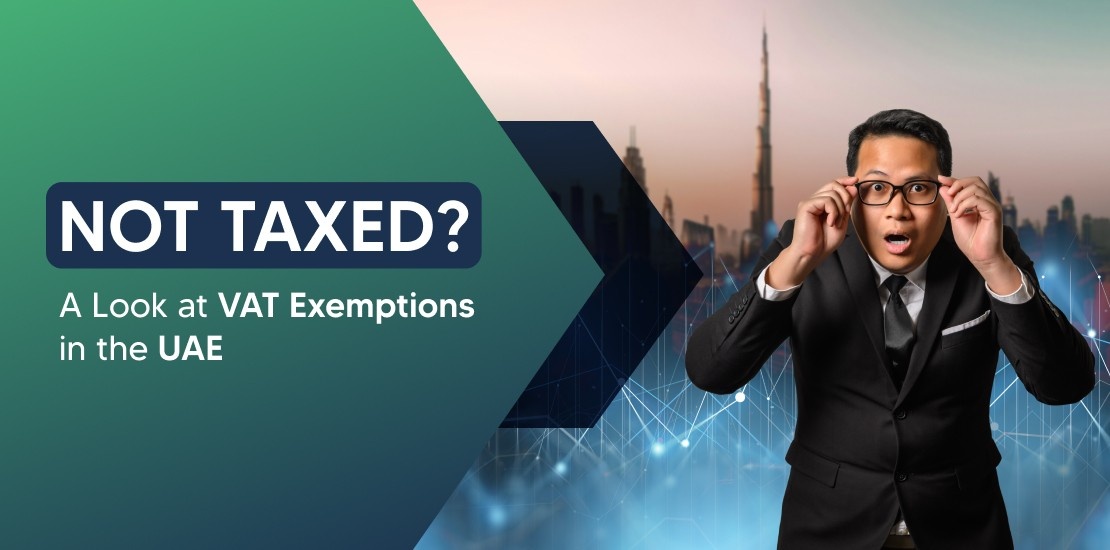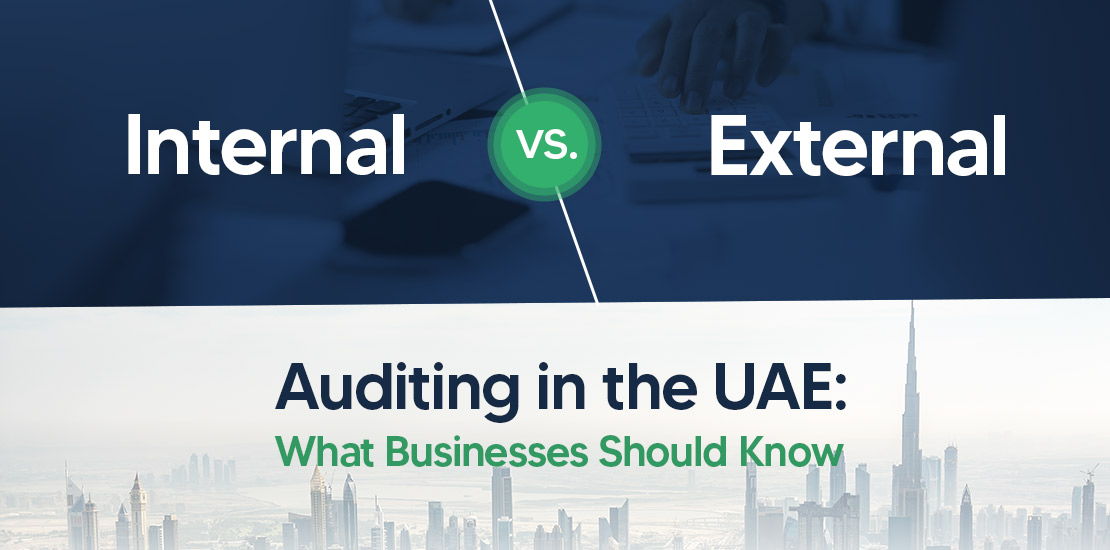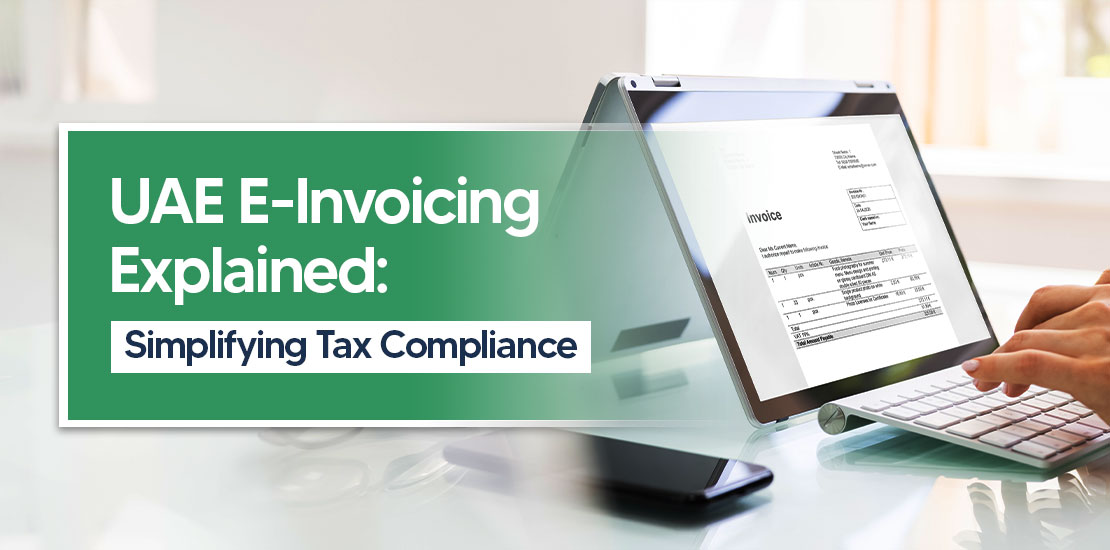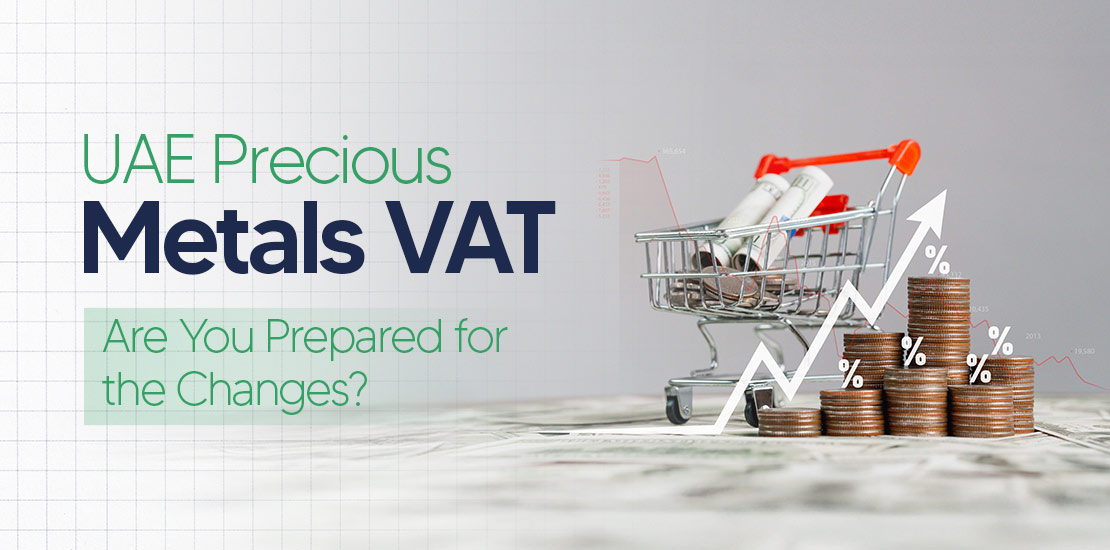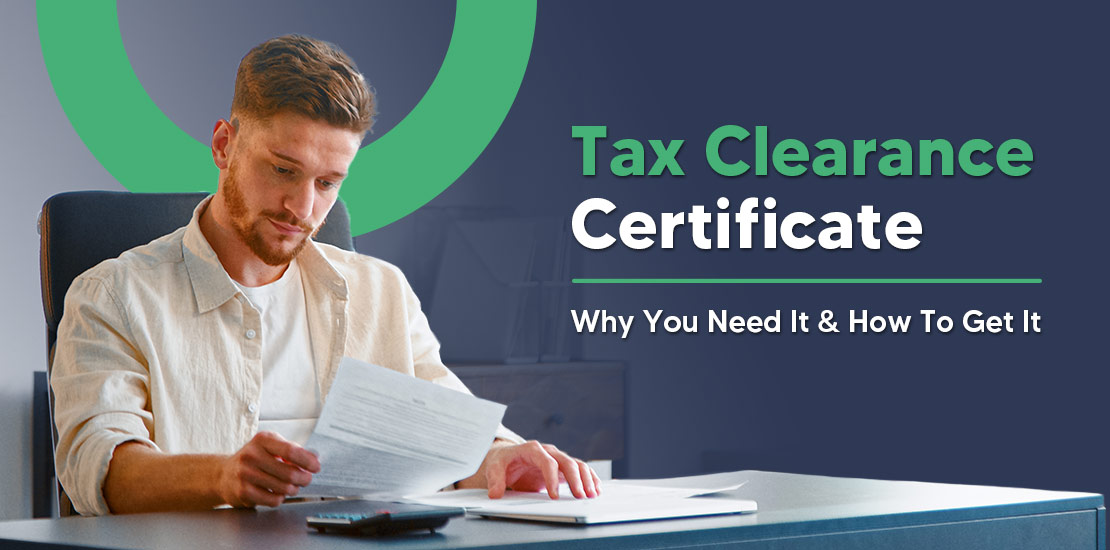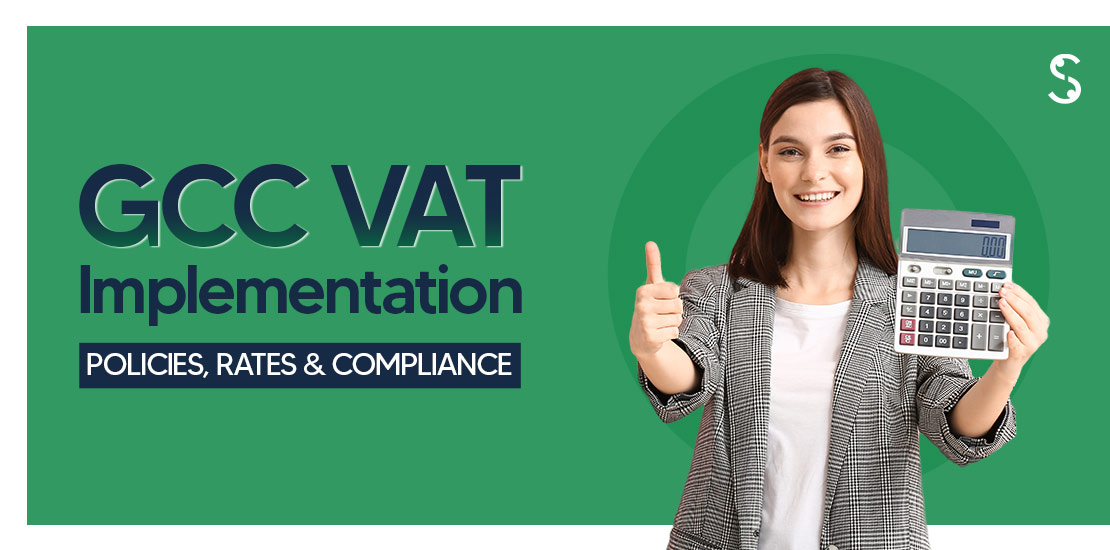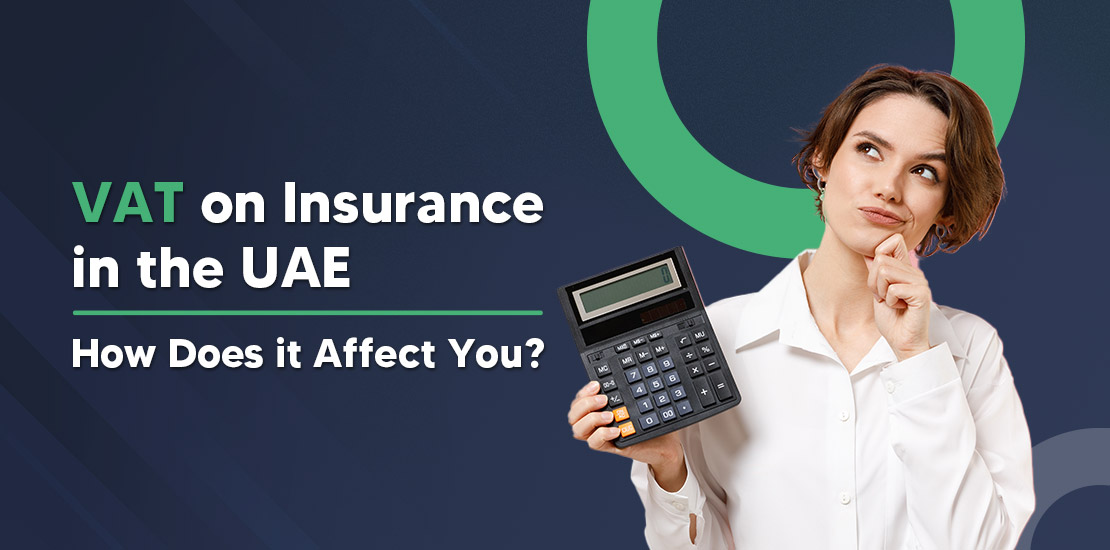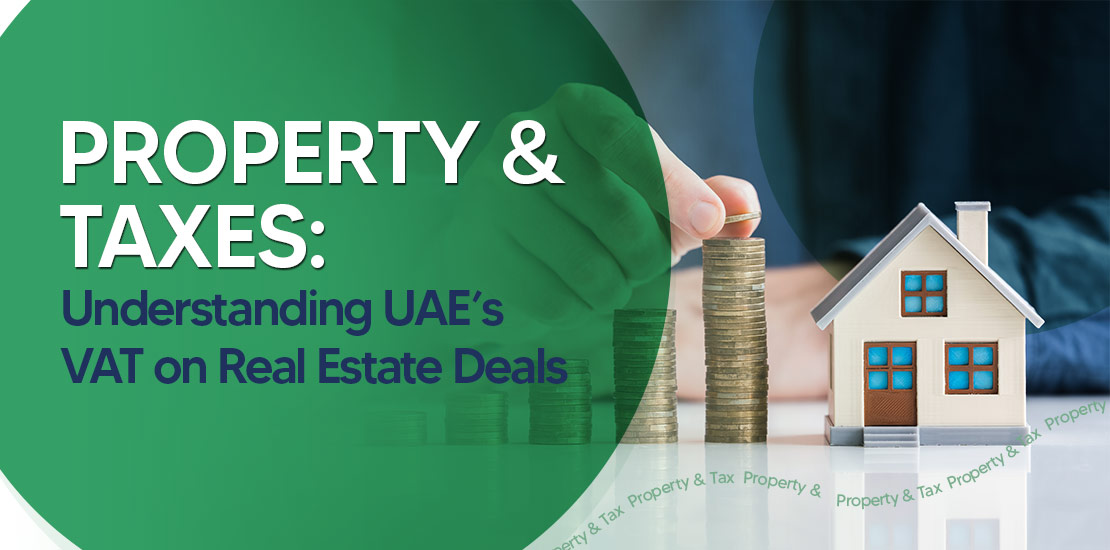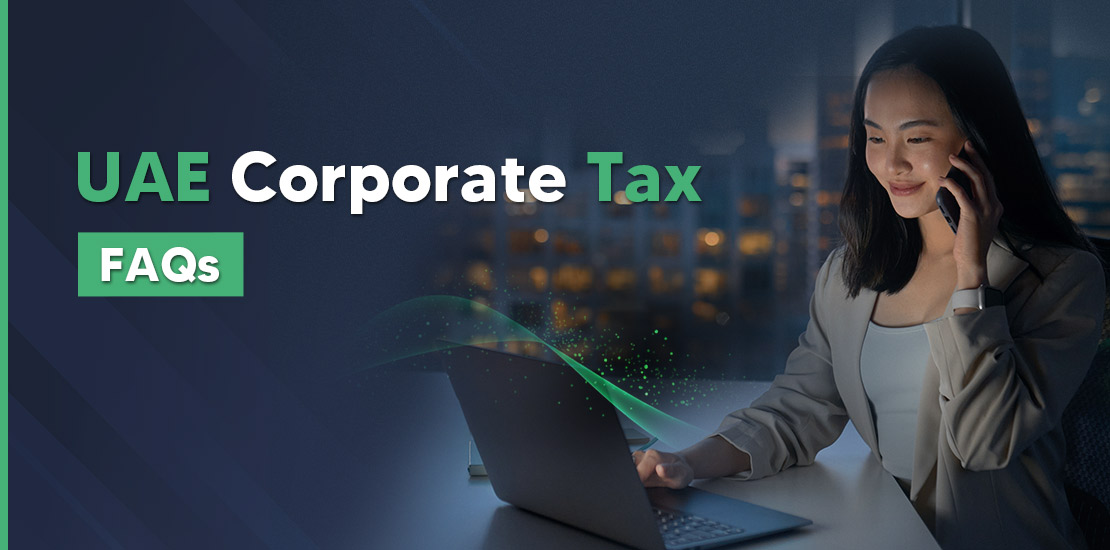Table of Contents
- What is VAT Exemption in UAE?
- How VAT is Calculated in the UAE?
- VAT Rates in the UAE: A Breakdown
- UAE VAT Exemption List
- List of Common VAT-Exempt Goods and Services in UAE
- Understanding Partial VAT Exemption
- Exception from VAT Registration UAE
- How VAT Affects Businesses and Consumers
- How to Apply for VAT Exemptions in the UAE
- Shuraa Tax: Your Total UAE VAT Solution
Value Added Tax (VAT) is a consumption tax levied on goods and services at each stage of the supply chain. It was introduced in the United Arab Emirates (UAE) on January 1, 2018, as part of the GCC (Gulf Cooperation Council) countries’ agreement to diversify their revenue sources. The standard VAT rate in the UAE is currently set at 5%.
One important concept to understand when it comes to VAT in the UAE is exemptions. VAT exemption UAE refers to goods and services not subject to VAT. This is different from zero-rated supplies in UAE, which are still taxable at 0% but are considered outside the scope of VAT. Understanding the difference between exempt supplies in UAE and zero-rated supplies in UAE is crucial for both businesses and consumers in the UAE.
What is VAT Exemption in UAE?
VAT stands for Value Added Tax. It’s a tax levied on the consumption of goods and services in the United Arab Emirates. The standard VAT rate in UAE is 5%. This applies to most goods and services sold within the country. However, there are exceptions:
Zero-rated supplies in UAE: These goods and services have a VAT rate of 0%. This includes exports outside the GCC (Gulf Cooperation Council) countries, international transportation, certain educational and healthcare services, and the first supply of residential property.
Exempt supplies in UAE: These goods and services are not subject to VAT at all. This includes financial services, local passenger transport, and bare land supply
How VAT is Calculated in the UAE?
Curious about how VAT is calculated in the UAE? Here’s a simple breakdown to help you understand.
VAT amount = Price of good or service x VAT rate (5%)
For instance, let’s say a product costs AED 100. To calculate the VAT amount, you would do: VAT amount = AED 100 x 5% = AED 5
The VAT amount in this case would be AED 5. Total price with VAT = Price of good or service + VAT amount
Following the example above, the total price with VAT would be: Total price = AED 100 + AED 5 = AED 105
So, the final price you pay for the product would be AED 105, which includes the AED 5 VAT.
VAT Rates in the UAE: A Breakdown
The UAE applies Value Added Tax (VAT) under three distinct categories:
Standard Rate (5%)
This applies to most goods and services, including consumer electronics, fashion, dining, and entertainment.
Zero-Rated Supplies (0%)
These transactions are taxable but at a 0% rate, allowing businesses to reclaim input VAT. Key examples include exports, international transportation, and specific healthcare and education services.
Exempt Supplies
These are entirely outside the VAT system, meaning VAT isn’t charged, and businesses cannot recover input VAT on related expenses. Examples include residential leases, sales of bare land, and certain financial services.
Understanding these distinctions is crucial for businesses to manage VAT exemption UAE compliance and optimize tax recovery.
UAE VAT Exemption List
Below are the UAE VAT exemption list:
| Category | VAT Percentage |
| Healthcare (specific services) | 0% (Exempt) |
| General goods and services | 5% |
| Education (specific services) | 0% (Exempt) |
| Residential properties (first sale) | 0% (Exempt) |
| Export of goods and services | 0% (Exempt) |
| Local passenger transport | 0% (Exempt) |
| Residential rentals | 0% (Exempt) |
| Oil and gas industry | 5% |
| Precious metals (specific conditions) | 0% (Exempt) |
| Commercial properties | 5% |
List of Common VAT-Exempt Goods and Services in UAE
The list of common VAT- exempt good and services in UAE are as follows:
Residential Properties
Sales and rentals of residential buildings after the first supply are VAT-exempt in UAE. Commercial properties, however, are subject to the standard VAT rate. The first supply of residential properties is zero-rated, which means the developer can recover input VAT.
Financial Services
Services that do not involve an explicit fee or return, such as interest on loans and certain insurance policies, are VAT-exempt. However, financial services that charge a clear fee, such as banking and investment advisory services, may be subject to VAT.
Transportation
Domestic passenger transport, including intra-city flights, metro services, buses, and local public transport, is VAT-exempt in UAE. However, international transportation, including air and sea travel, falls under zero-rated supplies in UAE.
Bare Land
Transactions involving undeveloped land are VAT-exempt. However, sales of developed land or land with commercial buildings are subject to VAT.
Healthcare and Education
Specific healthcare services, such as preventative care, treatments, and essential medical supplies, are VAT-exempt. However, elective and cosmetic procedures are subject to VAT. Government-provided education services are also VAT-exempt, while private education services are typically zero-rated under specific conditions.
Understanding Partial VAT Exemption
In certain cases, a business transaction can include both taxable and exempt components. When this happens, VAT cannot be fully recovered on all associated costs, requiring a fair method of apportionment.
For example, if you sell a package that includes a training course (taxable) and a book (exempt), you must divide the VAT accordingly. One simple way to do this is based on the price of each item.
Let’s say the training costs AED 1,000 and the book costs AED 100. Since 90% of the total value is taxable, you can recover 90% of the VAT.
Exception from VAT Registration UAE
Some businesses may qualify for exception from VAT registration UAE if their supplies are mostly VAT-exempt or fall below the registration threshold of AED 375,000. Voluntary registration is possible for businesses with turnover above AED 187,500, allowing them to reclaim input VAT where applicable.
How VAT Affects Businesses and Consumers
For businesses, understanding VAT rules is important for managing costs.
- Exempt supplies in UAE: Businesses cannot claim back VAT on these, making expenses higher.
- Zero-rated supplies in UAE: Businesses can claim back VAT, helping them save money.
For consumers, VAT exemptions and zero-rated goods mean lower prices on things like healthcare, education, and rent. Businesses engaged in VAT-exempt activities must carefully track their expenses and VAT obligations to ensure compliance with Federal Tax Authority (FTA) regulations.
How to Apply for VAT Exemptions in the UAE
If your business activity falls under the UAE VAT exemption list, the exemption applies automatically. You don’t need to register or apply for anything specific.
However, businesses must maintain detailed records to prove their qualification for VAT exemption in UAE during audits by the Federal Tax Authority (FTA). Proper bookkeeping and VAT compliance are crucial to avoid penalties and ensure seamless tax operations.
Shuraa Tax: Your Total UAE VAT Solution
Understanding VAT exemptions in the UAE is essential for both businesses and consumers. Key VAT exemption list in UAE includes healthcare services, educational services, certain real estate transactions, financial services, and local passenger transport. Each category has specific rules that need to be followed to qualify for the exemption.
Because VAT regulations can be complicated sometimes, it’s a good idea to consult with a tax professional. At Shuraa Tax, our team is ready to help with all your tax and accounting needs. Our tax consultants in Dubai will analyze your current financial situation and assist with tax planning, VAT compliance, and bookkeeping services.
Shuraa Tax offers the best VAT consultancy services in Dubai, including VAT return filing, VAT registration, tax advisory, and complete support for UAE VAT exemptions.
Get expert assistance today
📞 Call: +(971) 44081900
💌 WhatsApp: +(971) 508912062
📧 Email: info@shuraatax.com



